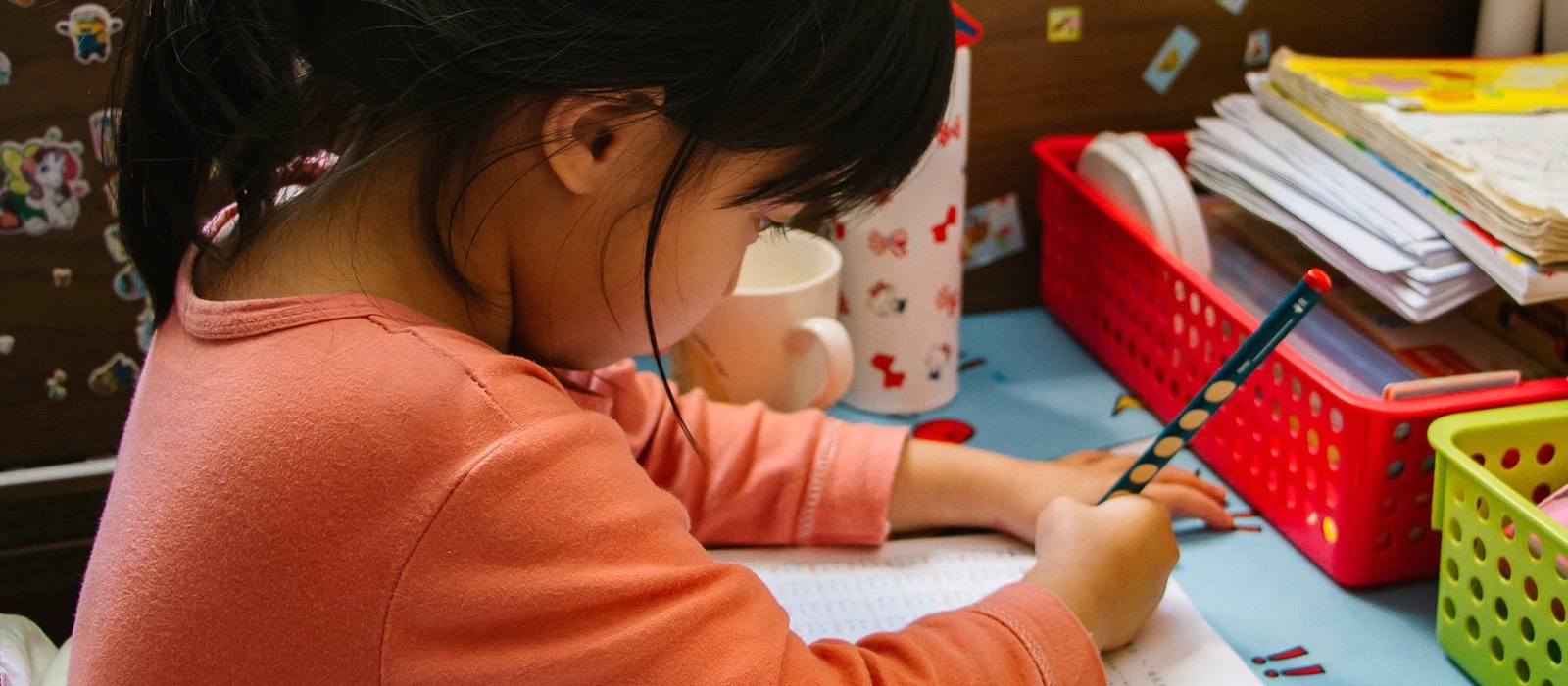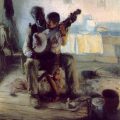Every so often in my role as an Arts Education Specialist, I come across a school that “wows” me. A school filled with vivacity and intelligence. A school where there is a palpable culture of honor. A school that embraces realities of today with a purposeful approach. In this article, allow me to walk you through three school models that get me excited for the future of education: Acton Academy-West Austin, The Magnolia School in Bee Cave and Bluebonnet Montessori of Lakeway.

Acton Academy West. I first connected with this academy through an unexpected phone call with Head of School Jayme Bynum. Over a 30 minute conversation, Jayme explained some of the unique features of the school: mixed age, one-room schoolhouse format; a blending of direct learning as a class community with self-paced online learning; Socratic teaching methods and real-world character/skills development; all propelled by a Hero’s Journey metaphor. Immediately, I was fascinated. Even better, the role Jayme described for me as an “Art Quest Guide” sparked a level of creative thinking and problem solving I’d rarely been invited to employ within schools.
I got to work designing two large-scale collaborative art projects. One for the Elementary cohort and one for the Middle School. Sitting in a circle with the elementary bunch, I was immediately struck by three things: first, the authentic respect offered by the group. No rowdiness. No rude comments. Just sincere interest and curiosity. Second, I noticed a freedom and individuality in each kid. Students seemed expressive, engaged, and comfortable being their unique selves. My third observation was with the Middle School cohort. I was amazed at the intelligence of the entire group as expressed through words and actions. These junior highers actively listened to each other. When asked to discuss a topic, they knew how to take a position and argue persuasively and succinctly. They took turns. They seemed to choose their words and actions with care, favoring the expressions that edified others. Like the elementary group, the middle schoolers focused deeply and aimed high with their art, with each person achieving great results. I was stunned.
Over the next three weeks, the kids and teens at Acton West created two complete murals in just 6 lessons. Their written “artist statements” reflected pride in their work and respect for the process. As we neared completion of the Arts Quest, I learned that Acton Academy West is one of hundreds of independently owned Acton Academies. A model that started in Austin through founders Jeff and Laura Sandefer, Acton Academyis continuing to grow learning communities all over the world.
The Magnolia School. Some kids are neuro-extraordinary, so it’s no wonder it takes an extraordinary school to match them. This is what I discovered when I stepped into The Magnolia School as an Art Specialist. Magnolia caters to both neuro-typical and what I call “Spectrum-Smart” or a-typical learners. Among a diverse array of students’ thinking styles, gifts and challenges, Magnolia creates a tight-knit community for kids who don’t fit the typical school model.
I immediately loved the energy I felt at Magnolia. There is a unity of purpose in this learning community. I could see it in the genuine smiles of Heads of School, Therapists and Teachers I met in passing. Staff and students care for each other, respond to each other quickly, and make way for creative and consistent problem solving to meet the unique needs of the students.
Many kids in this school experience neurological, emotional or sensory challenges.Research is proving that a high percentage of kids in this category are outstanding visual processors. Which generally makes them rea-aally good at art. And yes, it is super fun to design projects for these artistic whiz kids to show off their brilliance. Also rewarding were those moments when I saw the dogged effort, teamwork and empathy displayed by kids who have to work extremely hard to operate in routines or behaviors that come easily to neuro-typical kids.
What makes The Magnolia School a future-ready approach to my mind? Put simply, I see Magnolia as a school fueled by courageous love. I say this after months of watching staff and students in action. The school employs brilliant ABA methods, research-driven and individualized plans for students, and the latest therapeutic strategies. But what moves me, as a visiting teacher, parent of a sensory-challenged kid, and observer, is the kindness displayed at the school. There is love for kids who are “special,” “brilliant,” and “challenging.” There is faith in these kids’ ability to contribute to our world in profound ways, if only someone cares enough to walk alongside them. The Magnolia School is that someone.
Bluebonnet Montessori of Lakeway. Maria Montessori founded her legendary approach to education over a hundred years ago, and yet, it remains vital today. Articles supporting the value of a Montessori approach even in our high-tech era abound, such as How Montessori Method Applies to Today’s Workplace; How Modern Neuroscience Supports Montessori Teaching; Dynamic Skill Theory in Montessori Classrooms; Montessori Method and Flow Theory. The research points to ways Montessori schools embody the best way for young brains (and older ones too!) to learn, adapt, live peacefully with others, and grow toward self-mastery in any domain.
The research points to ways Montessori schools embody the best way for young brains (and older ones too!) to learn, adapt, live peacefully with others, and grow toward self-mastery in any domain.
Initially, I knew very little about Montessori education. Years ago, I was magnetically drawn to an oak lined campus not far from my house: Bluebonnet Montessori of Lakeway. A path led past a wooden gate, approaching two yurt-shaped classrooms. These were linked by a large hallway, with a turret on top. Around the back I could see a lovely garden filled with laughing children. Multi-ethnic teachers greeted me with strong accents and kind eyes.
One thing led to another, and I soon found myself in the role of Art Teacher for Bluebonnet. Working with small groups, I have taught painting and drawing to preschoolers through third grade. My job is to teach kids to hold brushes, mix colors, tap into their imagination, and grow more perceptive and dexterous. Meanwhile I get glimpses of a Montessori school in action. And it’s simply spot on.
At Bluebonnet, kids carry themselves with a sense of purpose and order. There is respect for the individual, respect for the Teacher, and respect for the group. Additional emphasis is placed on respect for all living things: plants, animals, even delicate butterflies. For over a decade, Bluebonnet Montessori has been an official way station for Monarch Butterflies. Each year, the children get to observe caterpillars hatch from eggs laid on milkweed plants that are brought into an indoor canopy. We’ve watched the rapid and breathtaking process of chrysalis formation. And we’ve seen dozens of new butterflies emerge and eventually flutter off into the sky.
Sometimes, we must look to the past to find our path forward. Montessori education does just that. There’s something so peaceful and grounding about this time-honored and scientific approach, which I find especially poignant in the unpredictable times we now experience. Learning through the senses; using hands-on materials to thoroughly grasp abstract symbol systems; building deep knowledge about the world through its continents, biomes, and the interconnectedness of life; sharing cross-cultural knowledge and empathy; learning to be still, calm and quiet enough to hear your own heartbeat. These and so many other lessons I have learned through Bluebonnet Montessori of Lakeway, where it seems like timeless and timely are deeply intertwined.
Author Rebecca Faubion is co-Founder of artfulkidsclub.com. Click to learn more about online art curriculum for schools.













